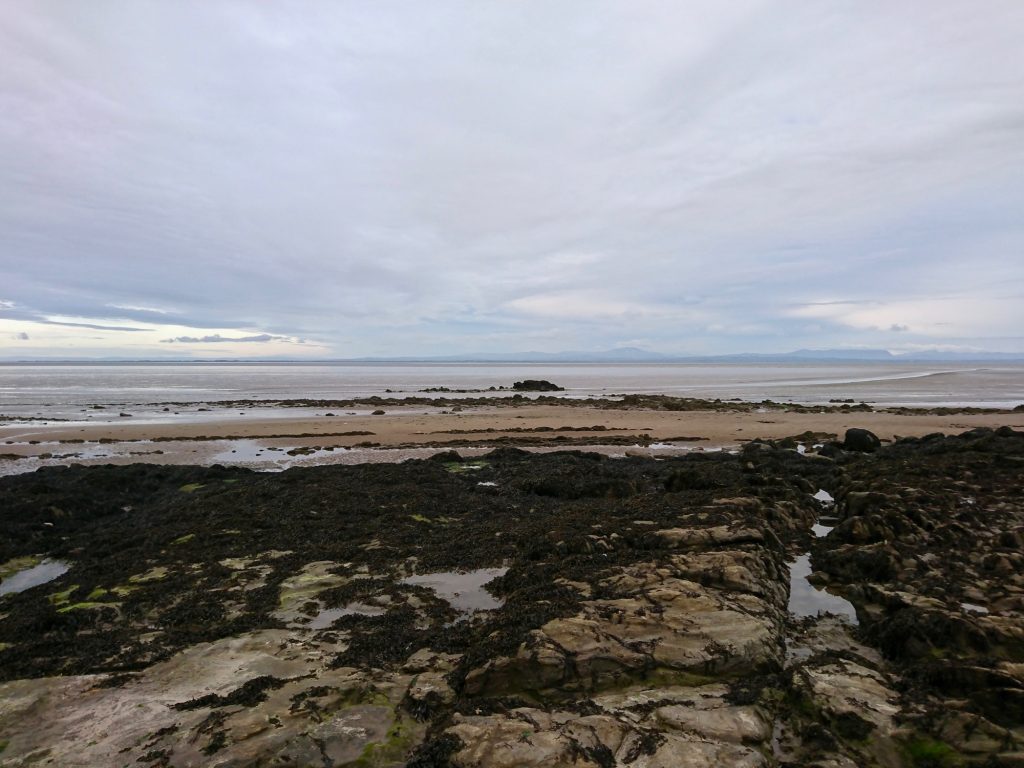
One of the reasons for ‘the sea cannot be depleted’ existing online is that it can travel freely and take its own course as people listen and read and make the piece their own.
Alongside this near-random travelling are the events, writing, interviews and presentations that I am doing that bring the piece more formally to a group of people.
One of the reasons for ‘the sea cannot be depleted’ existing online is that it can travel freely and take an uncharted course as people listen and read and make the piece their own.
Alongside this near-random travelling are the events, writing, interviews and presentations that I am doing that bring the piece more formally to a group of people. I appreciate all these chances, and they include:
Listening in public
Nuclear Futures seminar series, Universities of Sheffield, East Anglia and Sussex
The series of six seminars by the Universities of Sheffield, East Anglia and Sussex brought together scientists, policy-makers, academics, activists from the UK and Europe to interrogate the proposals by Radioactive Waste Management (RWM) for the deep geological burial of nuclear waste.
Seminar 6, in Sheffield, 10-11 September 2018, included cultural responses to nuclear issues, waste burial, mining and disposal, including a playing of ‘the sea cannot be depleted’, a presentation by Ele Carpenter on Nuclear Culture, and a showing of the film Kuannersuit; Kvanefjeld (2016) by Lise Autogena and Joshua Portway.
‘the sea cannot be depleted’ was played at the Performing Ecologies conference, 21 -23 November 2018, The University of Otago, Ōtepoti / Dunedin, Aotearoa / New Zealand
and at
Liquidscapes conference on ‘tales and tellings of water worlds and fluid states’ at Dartington Hall, Totnes, Devon, 20-22 July 2018
In writing and in talking
‘The tides of not-knowing in a nuclear sea’, essay by Wallace Heim for the CSPA Quarterly, issue 22 on ‘Uncertainty’, 2019, edited by Meghan Moe Beitiks. The Quarterly is the publication of the Centre for the Sustainable Practice in the Arts, USA.
‘Placing the Sea’, an essay by Wallace for Climate Cultures, Members’ blog, 11 July 2018. Climate Cultures is an online forum exploring cultural responses to environmental and climate change issues. It connects practitioners working in all art forms, across multiple academic research disciplines and curatorial practices.
‘Art, activism and the nuclear sea’: an interview with Wallace by Sally Moss at Commonweal, an organisation supporting ‘ordinary people who work for a nonviolent world’ through online resources and the Commonweal Collection at the University of Bradford Library. The interview responds to Sally’s questions on how art might be a form of activism.
Presentation of work-in-progress at ‘Beyond the Anthropo—Scenes, Mediums, Apparatuses and Environments’, the Susan Manning Workshop at the Institute for Advanced Studies in Humanities, University of Edinburgh, 19 May 2017


